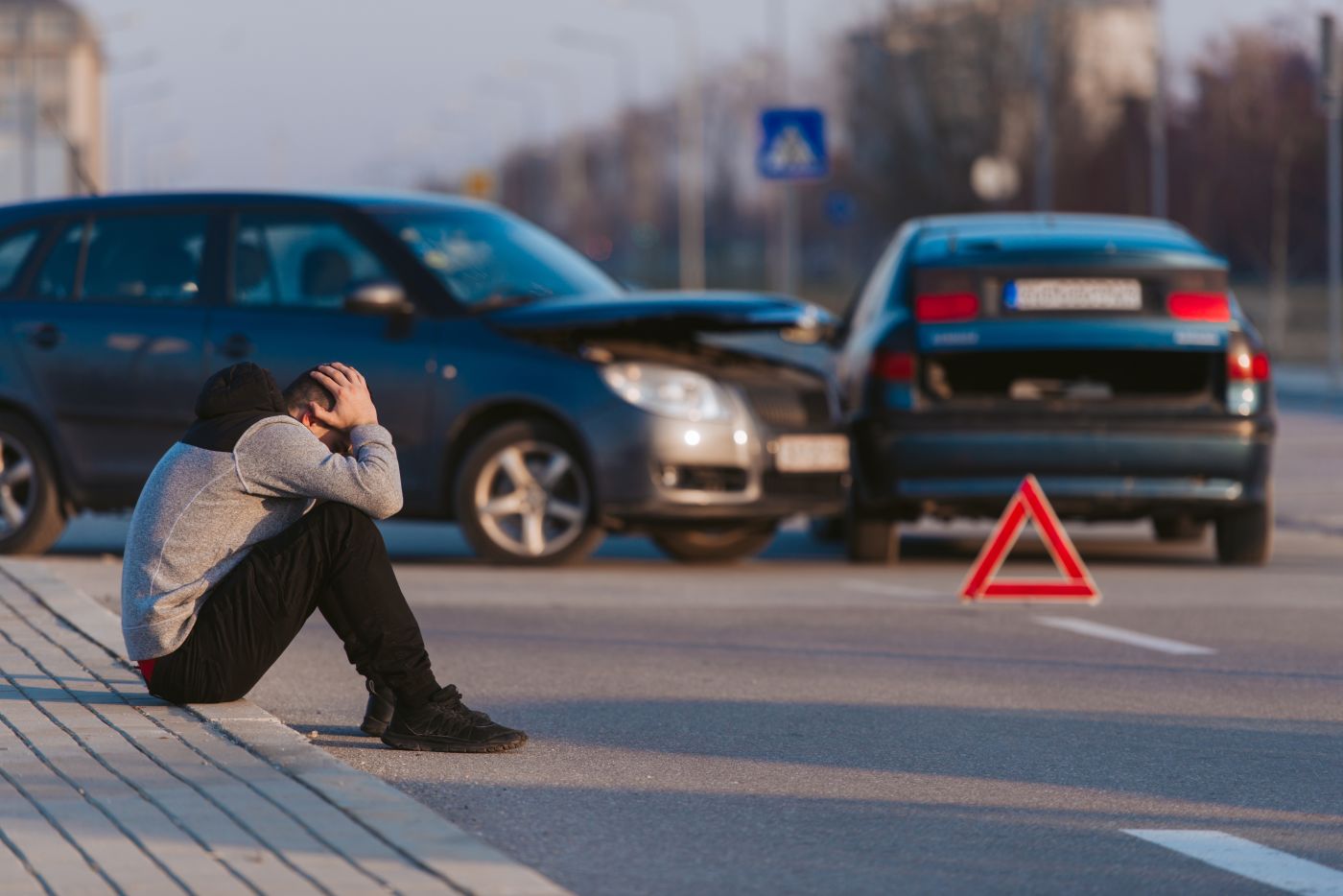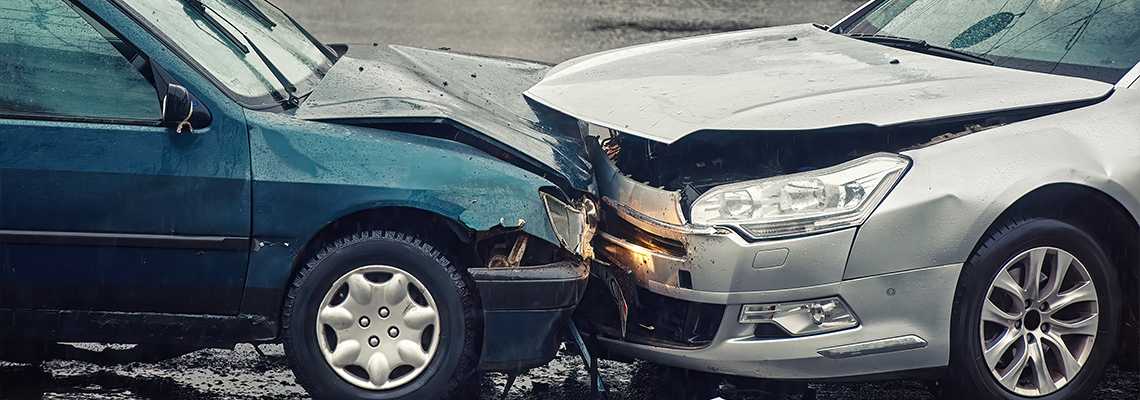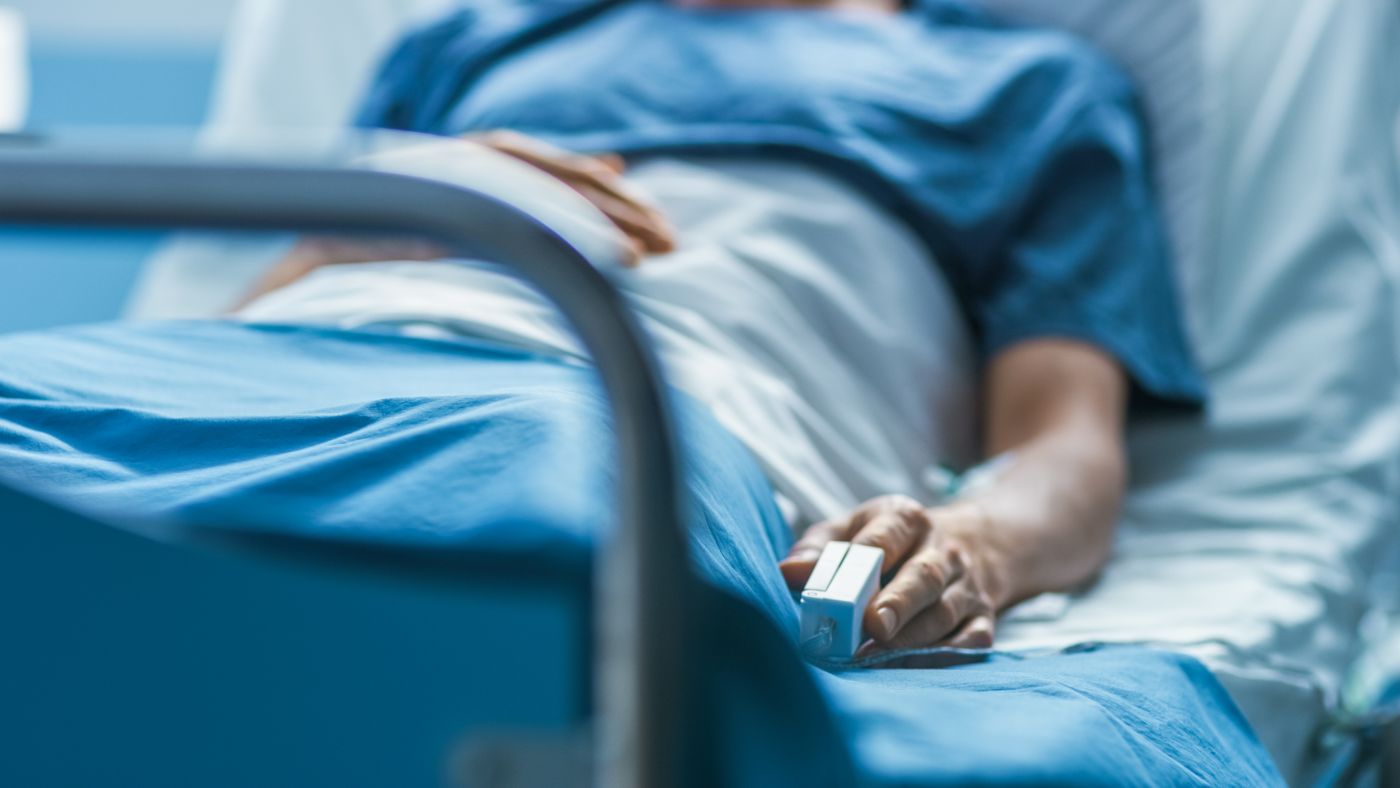
After a car accident, gathering evidence is one of the most important steps in protecting your legal rights. The information we collect at The Tourigny Law Firm, LLC can help establish what happened, who was responsible, and how the accident affected you. Strong evidence can support an insurance claim and strengthen a personal injury case if legal action becomes necessary.
An experienced personal injury attorney in Kansas City, Missouri, can use this information to advocate for fair compensation. The moments immediately after a crash can be disorienting, but taking the time to document key details can make a significant difference.
Documenting the Accident Scene
Immediately after a car accident, it’s important to document as much as possible before evidence disappears. If it’s safe, taking photos and videos of the scene can provide a clear record of what happened. You should focus on capturing:
Vehicle damage from multiple angles
Skid marks, road conditions, and debris
Traffic signals and signs
Weather and lighting conditions
Any visible injuries
Positions of the vehicles before they’re moved
Videos can also show the scene from different perspectives, which may help clarify disputed details later. The more thorough the documentation, the stronger the case will be.
Gathering Witness Statements
Witnesses can provide critical information about an accident. Their statements can confirm details that may not be immediately clear from photos or police reports. If possible, you should collect the names, phone numbers, and email addresses of anyone who saw the crash.
Independent witnesses can be especially helpful because they don’t have a personal stake in the outcome. Their accounts may help counter any conflicting statements made by the other driver. A personal injury attorney can contact these witnesses later to obtain formal statements.
If witnesses are hesitant to get involved, you should politely explain that their perspective could be crucial in determining what happened. Some people may be more willing to provide their account if they understand the importance of their testimony.
Obtaining a Police Report
A police report can serve as an official record of the accident. Officers document details such as the time, location, and conditions at the scene. They may also note whether any citations were issued or if one party admitted fault.
Requesting a copy of the police report as soon as it’s available can be beneficial. Insurance companies and attorneys often rely on these reports when assessing liability. If there are any inaccuracies, they should be addressed quickly to prevent misunderstandings later.
If an officer didn’t respond to the accident, you may still be able to file a report at the local police station. Having an official record can help strengthen a case, especially if the other driver later disputes what happened.
Keeping Medical Records
Medical records play a significant role in a personal injury case. Even if injuries seem minor at first, seeking medical attention can help document the full extent of the harm suffered. Medical professionals can provide:
Diagnosis and treatment plans
X-rays, MRIs, and other test results
Prescriptions and physical therapy recommendations
Notes on long-term effects of injuries
Medical bills and projected costs of future treatment
Following a doctor’s recommendations can also show that you’re taking your recovery seriously. If you delay treatment, insurance companies may argue that the injuries weren’t serious or weren’t caused by the accident.
Some injuries, such as concussions or soft tissue damage, may not show symptoms immediately. Keeping track of any delayed symptoms and seeking prompt medical evaluation can prevent disputes over the severity of injuries.
Preserving Physical Evidence
In addition to photos and medical records, preserving physical evidence can be useful. Damaged clothing, broken car parts, and personal belongings affected by the crash may help support a claim. If a defective vehicle part contributed to the accident, keeping it intact could be critical.
If necessary, a personal injury attorney can work with specialists to analyze this evidence. They may use it to demonstrate how the accident occurred or how injuries were sustained.
Tracking Expenses and Lost Wages
Financial losses after an accident can add up quickly. Keeping detailed records of expenses helps establish the impact of the crash. Important documents include:
Medical bills and co-pays
Receipts for medications and medical equipment
Repair estimates or invoices for vehicle damage
Pay stubs or employer letters documenting lost income
Transportation costs for medical appointments
These records can help calculate damages in a personal injury claim. Without proper documentation, it may be difficult to recover compensation for out-of-pocket costs.
Communicating Carefully with Insurance Companies
Insurance companies may contact you soon after an accident to gather information. While it’s necessary to report the accident, it’s best to be cautious when providing details. Adjusters may look for inconsistencies or statements that could weaken a claim.
Before giving a recorded statement or signing any documents, consulting a personal injury attorney can be beneficial. An attorney can help review settlement offers and protect against tactics that might undervalue a claim.
If an insurance adjuster pressures you for immediate answers, you’ve the right to take your time. A well-documented claim, supported by strong evidence, may lead to a better outcome.
Recognizing Comparative Fault in Missouri
Missouri follows a comparative fault system, meaning fault can be shared between multiple parties. If an injured person is partially responsible for the accident, their compensation may be reduced by their percentage of fault.
Gathering strong evidence can help clarify liability and minimize the risk of being unfairly blamed. Witness statements, surveillance footage, and accident reconstructions may all contribute to an accurate assessment of fault.
The Impact of Surveillance Footage and Dash Cams
Surveillance footage from nearby businesses or traffic cameras can provide valuable evidence in a car accident case. Dash cam recordings may also capture the moment of impact, helping to establish fault.
If you suspect that a camera recorded the accident, acting quickly is important. Many surveillance systems overwrite footage within days. A personal injury attorney can assist in requesting and preserving this evidence before it’s lost.
Long-Term Effects and Ongoing Medical Treatment
Some injuries take time to fully develop, and long-term medical care may be necessary. Keeping a journal of symptoms, doctor visits, and changes in physical condition can help document the ongoing impact of the accident.
A personal injury attorney may use this information to negotiate for compensation that reflects not just immediate medical bills but also future treatment needs. This is especially important in cases involving permanent injuries or disabilities.
Seeking Legal Guidance
Handling a car accident case can be overwhelming, especially when dealing with injuries and financial stress. A personal injury attorney can assess the available evidence, negotiate with insurance companies, and pursue legal action if necessary.
Missouri law sets deadlines for filing claims, so acting quickly is important. The sooner you gather evidence and seek legal advice, the stronger your case may be. Taking these steps can help you focus on recovery while protecting your legal rights.
Contact The Tourigny Law Firm, LLC for More Information
Gathering evidence after a car accident is essential for protecting your interests. Photos, witness statements, medical records, and financial documentation all play a role in building a strong case. If you need a personal injury attorney in Kansas or Missouri, call us at The Tourigny Law Firm, LLC today to get started with our services.



